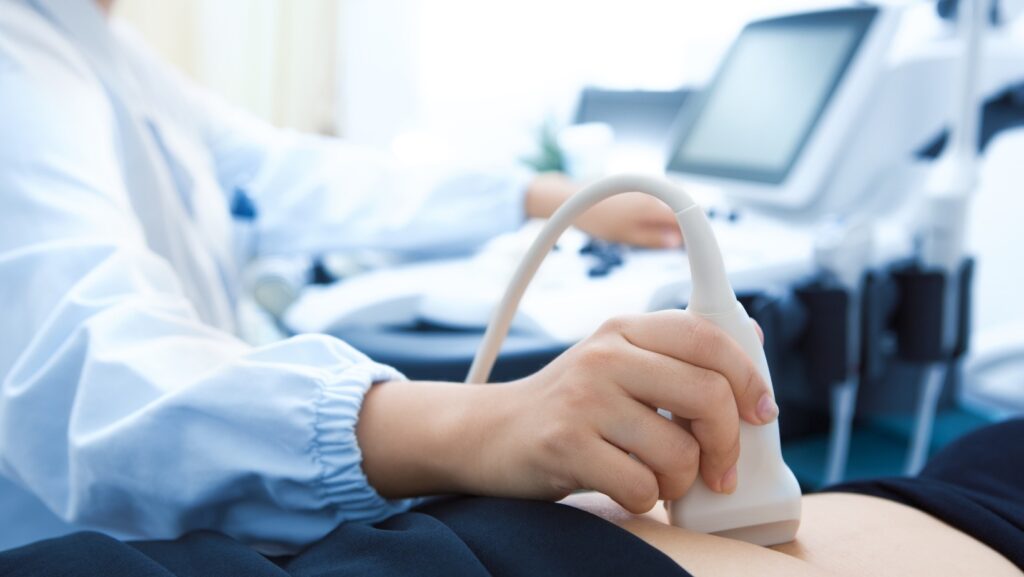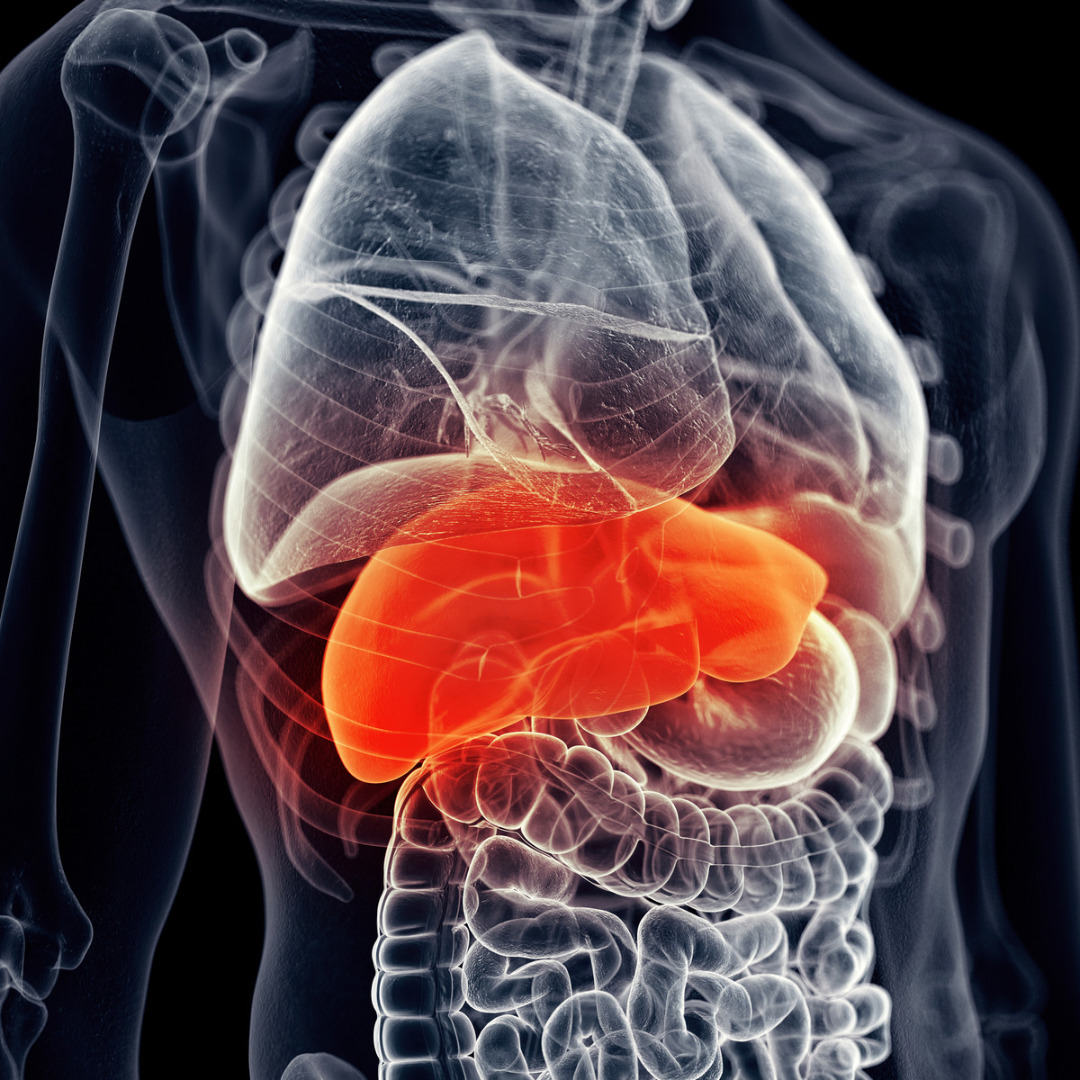- Newry: 028 308 33666
- Galgorm: 028 252 56093
- Omagh: 028 828 39678
Fibroscan – Liver Health Assessment at Duality Health Newry
Consider making substantial savings on Private Healthcare
Make Duality Healthcare your routine GP Provider
NOW taking registrations – Become a MEMBER

A private fibroscan is a type of liver ultrasound used to identify signs of damage to the liver. Using a technique called transient elastography, this scan measures the ‘stiffness’ of your liver, which can indicate any scarring (also known as fibrosis). Liver scarring can develop over long periods of damage, can often go undetected for years and is particularly prevalent in developed countries with high rates of alcohol consumption, haemochromatosis and obesity. As a result, it’s extremely important to undergo a private liver scan if you have any concerns.
Whether you’ve recently been diagnosed with a liver condition, have a history of excessive alcohol use, are overweight or obese or are simply interested in maintaining good liver health, booking in a private fibroscan with one of our private liver specialists here at Duality Health is a great start. Get in touch with us to find out more about how we can help you take control of your liver health.

FibroScan can be used to help diagnose or monitor the progression of diseases affecting the liver, such as:
- Non-alcoholic fatty liver disease: With nonalcoholic fatty liver disease (NAFLD), excessive amounts of fat are stored in liver cells, which puts you at risk for developing liver damage.
- Alcoholic liver disease: Also known as alcoholic hepatitis, this is liver damage caused by drinking more alcohol than your liver can process, creating inflammation that can cause serious scarring (cirrhosis), which can lead to liver failure.
- Nonalcoholic steatohepatitis (NASH): A form of NAFLD that is more aggressive than fatty liver and causes liver damage, including cirrhosis, and can lead to liver failure.
- Viral infection: When the liver becomes infected with the Hepatitis B virus (HBV) or the Hepatitis C virus (HCV), it causes liver inflammation and puts you at an increased risk of developing cirrhosis or liver cancer, or of suffering from liver failure.
- Hemochromatosis: Excessive amounts of iron are stored in your organs, including the liver, which can become toxic for the body and create liver damage and other serious life-threatening complications.
- Autoimmune Hepatitis
- Wilson’s Disease
A Fibroscan procedure can also be used to monitor liver health in patients who have undergone a liver transplant.
What is fibroscanning and why is it important to my liver?
A Fibroscan is a simple, painless and non-invasive procedure used to accurately assess the health of the liver. During the scan, a probe is placed on the surface of the skin.
Using a combination of an elastic wave (generated by a mechanical pulse) and ultrasound technology, a numerical value measuring the “stiffness” of the liver is recorded. This can indicate liver scarring (fibrosis), which can ultimately lead to cirrhosis and liver cancer. Let’s look in more detail at what a Fibroscan is.
1. A Fibroscan is quick and painless
A Fibroscan is non-invasive and can be done in less than 10 minutes. It’s a quick and painless way of assessing the liver’s health and has largely replaced the traditional liver biopsy. It provides critical information on liver health so quickly that the Fibroscan represents a major development in liver medicine.
2. It spots early signs of liver damage
Your liver is tough and can withstand years of damage by repairing itself and protecting the rest of your body. The downside is that this multifunction organ shows few signs of distress until it goes into the final stages of liver failure. This can mean that before you notice any of the symptoms associated with liver failure, the damage may already be irreparable. Quick, simple and risk-free, a Fibroscan can identify the early signs of liver damage that would otherwise go unnoticed.
3. It gives an accurate diagnosis
A Fibroscan measures liver fibrosis or “scarring”, which is essentially liver damage that is often the result of metabolic syndrome, non-alcoholic fatty liver disease, chronic viral hepatitis or excess alcohol intake. If significant damage is detected, the patient will need a specialist to identify the cause of the damage and then manage the condition appropriately. In cases of no scarring or mild fibrosis only, lifestyle intervention is often enough to prevent the development of liver disease or avoid disease progression.
4. It reduces the need for a liver biopsy
The traditional method of assessing the health of the liver is a liver biopsy; it’s an invasive procedure where part of the liver is removed and tested. A liver biopsy is also expensive, and the patient needs to stay in hospital overnight.
In rare cases, the sample taken isn’t representative of the health of the entire liver and the results can be interpreted differently, depending on the pathologist. A Fibroscan avoids these issues.
5. It can easily monitor changes in liver disease
With no restriction on the frequency of use, a Fibroscan can monitor the progression, stagnation or regression of liver disease following diagnosis. As the scan provides an accurate, quantitative measure of liver damage, it’s perfect for assessing the effectiveness of liver treatment or lifestyle changes.
